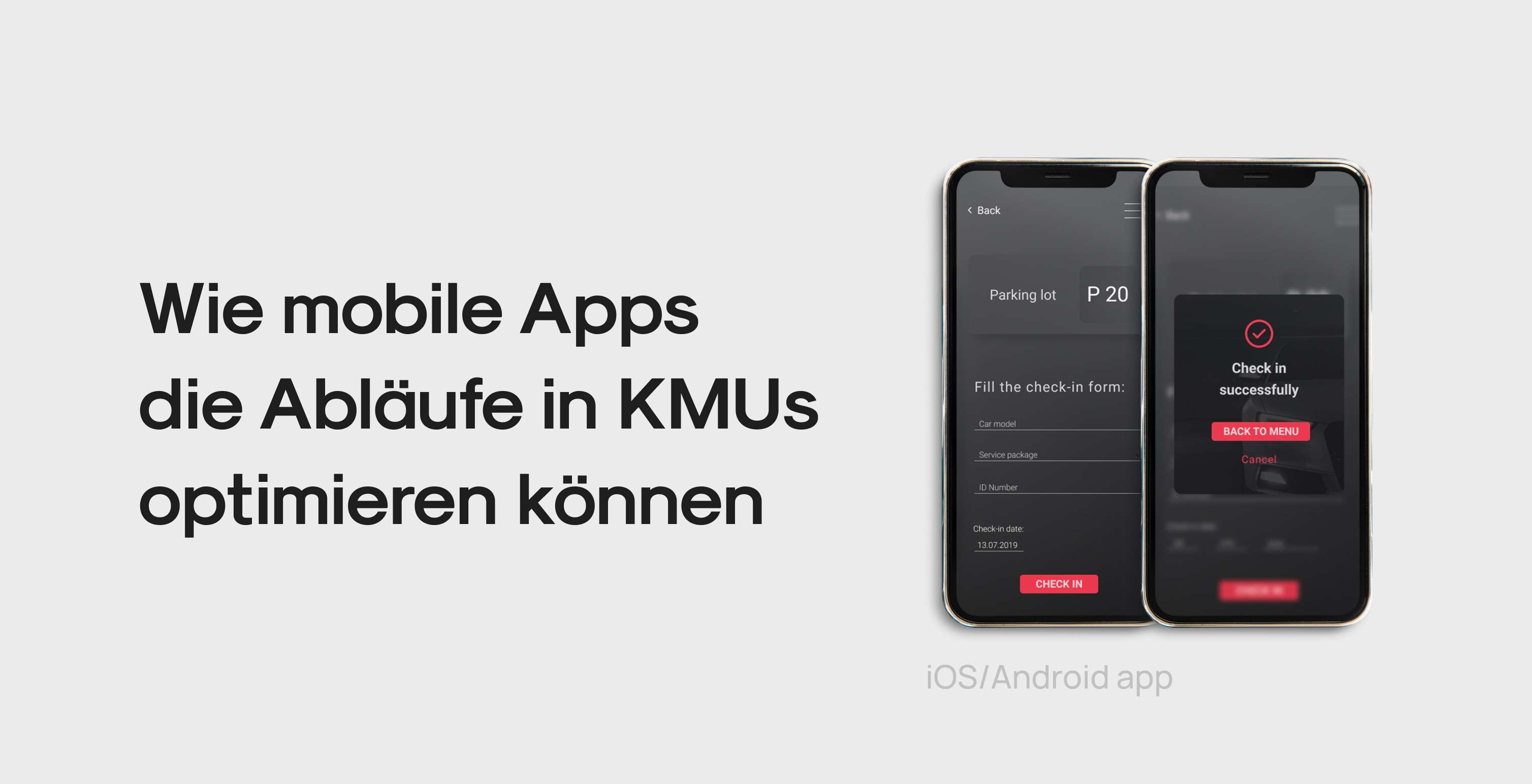IT Security Is a Leadership Issue – Even for Small Businesses
A cyberattack can hit any business. But small and medium-sized enterprises (SMEs) are particularly vulnerable – and often less prepared. Many still think: "We're too small to be of interest."
The opposite is true. Attackers go after easy targets. Systems without up-to-date security measures, poorly trained employees, or missing backups are often enough to paralyze an entire company.
IT security is no longer a luxury – it’s a critical component of modern business management. The good news: it's plannable, scalable – and affordable, if you act early.
What You Need to Know
- The core components of IT infrastructure, including servers and cloud computing.
- The role of system administration and IT support in maintaining cybersecurity.
- The costs of automation, security solutions, and application performance improvements.
- Specific pricing for cybersecurity services in Germany.
Current Situation: How Cyberattacks Impact SMEs
The German Federal Office for Information Security (BSI) regularly reports on the threat landscape. According to the latest report:
- Over 50% of reported cyber incidents affect small and medium-sized businesses.
- Average costs for downtime, recovery, and damage are in the five-digit range.
- The most common entry points: phishing, outdated systems, and missing security updates.
These figures make it clear: if you don't address IT security today, you're risking operational failure tomorrow.
Common Security Issues in SMEs
The technical challenges in SMEs are not much different from those in large enterprises – but resources, personnel, or time are often lacking to properly address cybersecurity.
Common vulnerabilities include:
- No clear IT usage policies within the company
- Inadequate protection for mobile or remote workstations
- Outdated software and missing security updates
- No backup strategy or untested recovery processes
- Lack of training on detecting phishing and social engineering attacks
These weaknesses can lead to serious issues – especially when customers, partners, or supply chains are affected.
Cybersecurity Basics for Businesses
Server and Infrastructure Services
Server and infrastructure services form the backbone of business IT operations. This includes physical and virtual servers, networks, storage solutions, and cloud platforms. Costs vary based on scale and specific needs. For example, cloud infrastructure automation services start at €4,000 or €60/hour.
Security and Compliance Solutions
Setting up systems for attack detection and web application firewalls is crucial for maintaining cybersecurity. Services like setting up Snort or ModSecurity start at €3,000 or €75/hour. These investments are essential for protecting against cyber threats and meeting compliance requirements.
Improving Application Performance and Reliability
Enhancing application reliability and performance is also a key aspect of cybersecurity. Services that improve app security and speed, while helping reduce provider costs, start at €3,000 or €60/hour. Migrating to a secure and reliable provider can further enhance cybersecurity.
How Can SMEs Effectively Improve Their IT Security?
Getting started with IT security doesn’t have to be complicated. North IT Group offers clearly structured approaches tailored to SMEs.
Recommended steps:
- Analyze your current IT landscape
Where do you stand today? What systems, data, and devices are in use? - Risk assessment and prioritization
What vulnerabilities exist? Where is the threat level highest? - Implement basic security measures
These include firewalls, up-to-date antivirus software, secure VPNs, and access control systems. - Ensure proper backup and recovery processes
Regular, automated backups – both local and cloud-based – are essential. - Employee awareness and training
Many attacks fail when employees are trained. Ongoing training is a must. - Create an incident response plan
What to do when something does happen? A clear plan minimizes downtime.
All of these steps can be modular, scalable, and tailored to the size, industry, and IT maturity of your company.
IT Security as a Strategic Competitive Advantage
IT security not only protects systems – it strengthens the entire company. Businesses with verifiable security practices stand out. Customers, partners, and insurers increasingly demand proof of cybersecurity measures.
Key benefits at a glance:
- Protection from data loss, system outages, and reputation damage
- Compliance with legal and regulatory requirements (e.g., GDPR)
- Competitive edge in public tenders and with partners
- Lower premiums from cyber insurance providers
- Increased customer trust, especially when handling sensitive data
For SMEs in particular, a solid cybersecurity strategy can be the key to securing larger contracts.
Conclusion
The cost of cybersecurity varies depending on company size and specific needs. By investing in server and infrastructure services, security and compliance solutions, and performance enhancements, businesses can significantly strengthen their cybersecurity posture. Ultimately, these investments are vital for long-term business continuity and protection.
Image source: North IT Group



